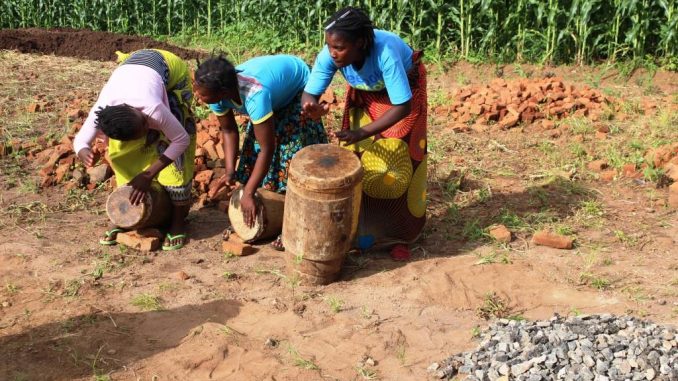
As Malawi joins the world to celebrate International Women’s Day on Sunday, March 8 under the theme I am Generation Equality: Realizing Women’s Rights, there is a need to do more beyond rhetoric.
There is a need to mobilise people of every gender, age, ethnicity, race, religion to drive actions that will create a gender-equal nation, we all deserve.
As a nation, we should strive to end gender-based violence; economic injustice, violations of bodily autonomy and deprivation of enjoyment of sexual and reproductive health and rights; and technology and innovation for gender equality.
As part of the international community that is reflecting on twenty-five years since the adoption of the Beijing Declaration and Platform for Action—a progressive roadmap for gender equality, this is the right time to take stock of progress and bridge the gaps that remain through bold, decisive actions.
We do have some positive changes to celebrate. There has been a 38 percent drop in the ratio of maternal deaths since 2000 in Malawi. We have made legal reforms to support gender equality and address discrimination. Twenty-five years ago, discrimination of women was legislated. Today, we have the Prevention of Domestic Violence Act in place. We also need to celebrate as a nation that a reasonable number of girls are in school now more than ever before, with more women attaining tertiary education.
But even though there has been progress, Malawi has not achieved gender equality. Our best has not been good enough.
Despite the government in 2006 passing the Prevention of Domestic Violence Act, which defines ‘domestic violence’ thousands of women continue to experience the most dreadful domestic violence.
To make matters worse spousal abuse is an accepted practice in some parts of the country stemming from adverse stereotypes and attitudes towards wives and women. A recent survey on violence against women examined attitudes towards the role of gender in domestic partner violence and found that both women and men endorse some beliefs that tolerate violence in order to keep their family.
In the area of reproductive health, thousands of women are dying because of unsafe abortions because of government’s failure to expedite the process of enacting the proposed Termination of Pregnancy Bill already drafted by the Law Commission.
With over 141,000 women in Malawi procuring abortions every year, the law reform process is important because Malawi cannot reduce the current high maternal mortality rates without addressing the problem of unsafe abortions.
We are also celebrating the International Women’s Day when sexual harassment remains one of the silent violence affecting women despite the country’s Gender Equality Act makes it clear that sexual harassment in all forms of “unwanted verbal, non-verbal or physical conduct of a sexual nature” is prohibited, in the public space and workplace. Sexual harassment is still a thorn in many women’s lives and is often underreported due to the fear of losing one’s job and the lack of mechanisms to report sexual harassment in the work place. Employers have an obligation of creating a conducive environment at the workplace.
As we celebrate this year’s International Women’s Day, we need to reflect on seriously the words of the UN Women Executive Director Phumzile Mlambo-Ngcuka that “the benefits of gender equality are not just for women and girls, but for everyone whose lives will be changed by a fairer world.
As a “massive year for gender equality”, Mlambo-Ngcuka said 2020 is all about “Generation Equality”, in which “we’re mobilizing to realize women’s rights, and to mark 25 years of implementing the Beijing Platform for Action” – the historic and landmark gender equality plan.
Ms Penelope Paliani Kamanga is the Programme Manager of the Centre for Solutions Journalism

